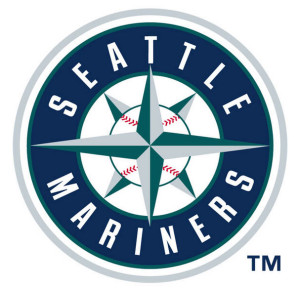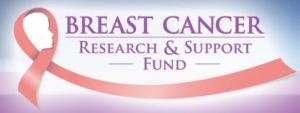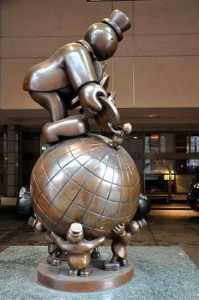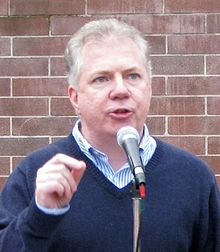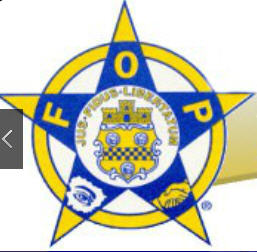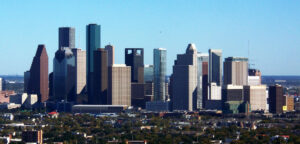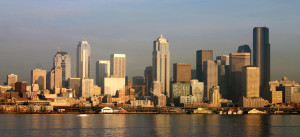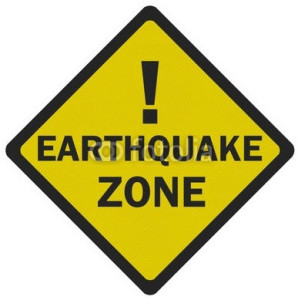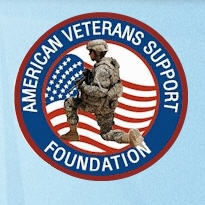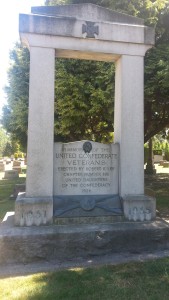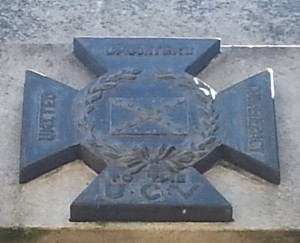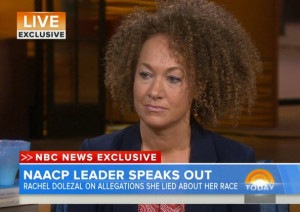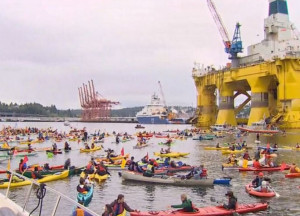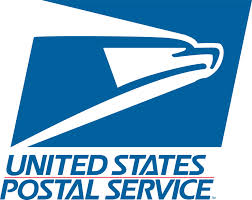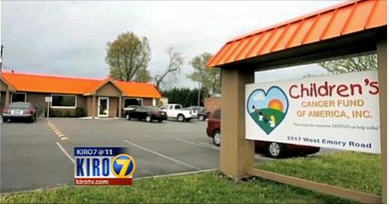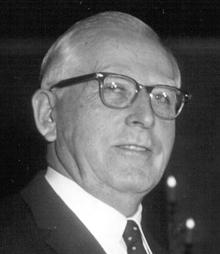
Abraham Vereide (via Wikipedia)
Seattle ranks high on lists of the country’s least religious cities. Sperling’s Best Places figures that only 38% of Seattleites profess a religious affiliation, compared with a national average of 49%. The Public Religion Research Institute reckons that Seattle, tied with San Francisco, is the country’s second most godless city (behind Portland, Ore.). Among the country’s 100 largest metro areas, Seattle/Tacoma placed No. 7 on a list of highest percentage of adults who have not attended any service in the past six months. That squared with a Gallup Poll that said only 2% of all Washington State residents attend religious services weekly, tying the state for next-to-last place (behind Vermont).
Still New To Seattle, I found it surprising and interesting to read in a newly published book tracing the intertwining of capitalism and Christian religion that the National Prayer Breakfast, the famous annual Washington, D.C. religious event attended by top governmental leaders, got its start 80 years ago as a local tradition in Seattle. And one grounded in conservative politics, to boot.
According to One Nation Under God: How Corporate America Invented Christian America, by Kevin M. Kruse, the prayer breakfast movement was started in 1935 by Abraham Vereide, a Methodist minister in Seattle who went by Abram. Vereide gathered local business executives to pray and fight the worsening poverty of the Depression–as well as Communism, labor unions, anti-free market philosophies and Franklin Roosevelt’s New Deal policies. Vereide’s conservative movement based on trickle-down economics and what he called the leadership skills of “key man” Jesus spread across Seattle, then to other cities and eventually to both houses of Congress in the Other Washington.
In 1953 Vereide was instrumental, along with Billy Graham, in staging the first national prayer breakfast at the Mayflower Hotel. The attendance of the new president, Dwight Eisenhower, insured its significance. More than 60 years later, the once-a-year National Prayer Breakfast is still going strong, held on the first Thursday of each February at the Washington Hilton. President Obama has been a frequent attendee.
Vereide is a figure largely lost to history, especially in Seattle. He is rarely noted here, even though he was a prominent pastor and founder of the local Goodwill Industries operation that nearly a century later still dominates the thrift store scene. Looking at Seattle Public Library databases, I can’t find a single reference to Vereide in the pages of The Seattle Times since the aftermath of his heart attack death at age 82 in 1969. Nor is there any mention of him at all on HistoryLink.org, the comprehensive online encyclopedia of Washington State history. Even the Goodwill Seattle website completely omits his name. Continue reading →
Share on Facebook
 The new Forbes 400 list of the, well, 400 richest Americans was released today. Led again by Bill Gates, the Seattle-area contingent still numbers eight, including four of the top 26. But there’s been a slight change in the lineup.
The new Forbes 400 list of the, well, 400 richest Americans was released today. Led again by Bill Gates, the Seattle-area contingent still numbers eight, including four of the top 26. But there’s been a slight change in the lineup.
